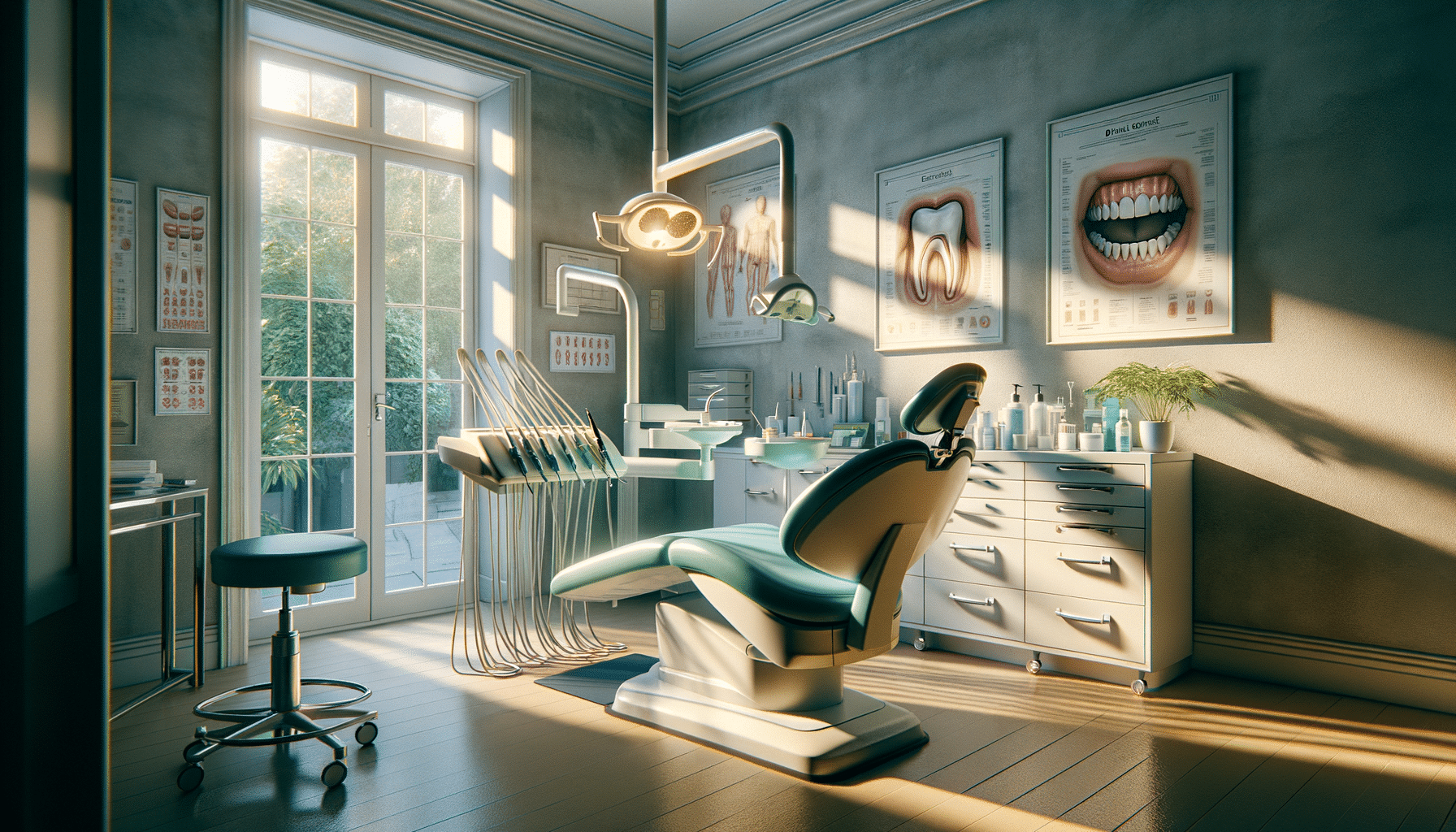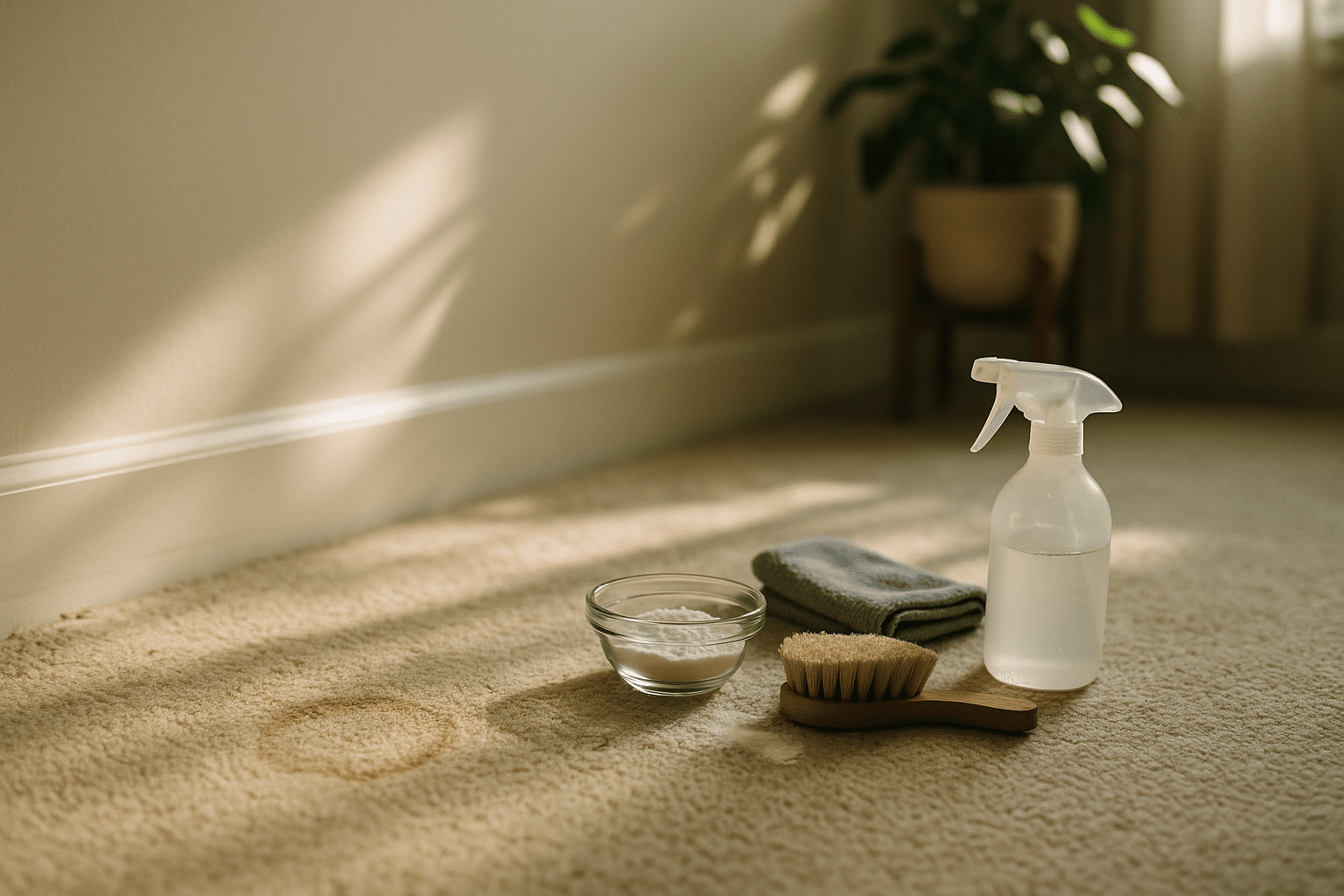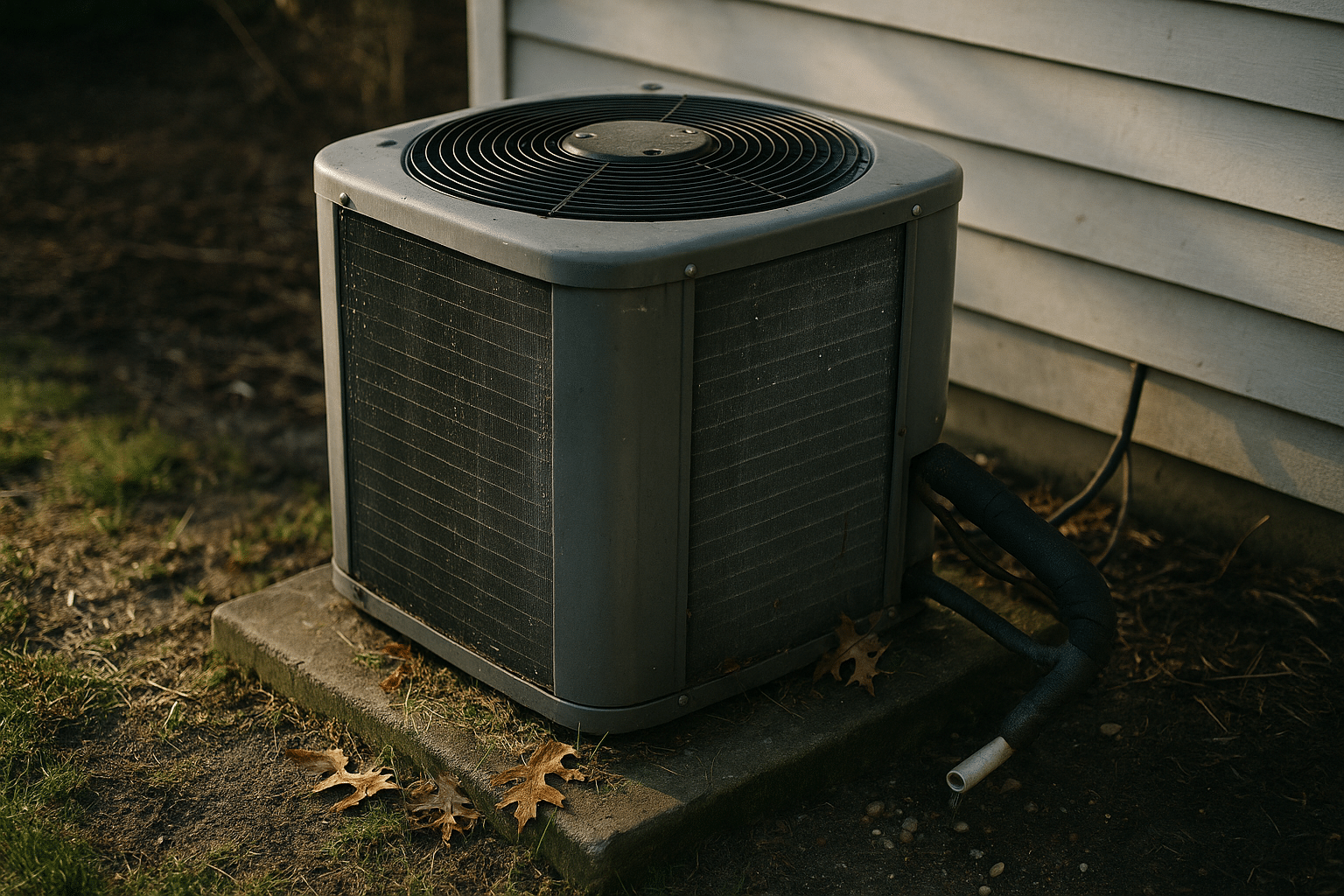
Learn more about dental care
Introduction to Dental Care
Dental care is an essential aspect of overall health that often goes overlooked. Maintaining good oral hygiene not only prevents dental issues but also contributes significantly to your general well-being. In this article, we will explore various facets of dental care, providing you with valuable insights and practical tips to enhance your oral health.
Understanding the Basics of Oral Hygiene
Oral hygiene is the practice of keeping the mouth clean and free from disease-causing bacteria. It involves regular activities such as brushing, flossing, and using mouthwash. Brushing twice a day with fluoride toothpaste is crucial for removing plaque, a sticky film of bacteria that forms on teeth. Flossing helps in cleaning the spaces between teeth where a toothbrush might not reach, preventing gum disease and cavities.
Using an antiseptic mouthwash can further reduce bacterial growth and provide fresh breath. It’s important to choose a mouthwash that suits your specific needs, whether it’s for extra fluoride, sensitivity, or tartar control. Regular visits to the dentist for professional cleanings and check-ups are also a fundamental part of effective oral hygiene.
In addition to daily routines, diet plays a significant role in oral health. Foods high in sugars and acids can lead to tooth decay and should be consumed in moderation. Instead, focus on a diet rich in fruits, vegetables, lean proteins, and dairy products, as these can help fortify your teeth and gums.
The Importance of Regular Dental Check-Ups
Regular dental check-ups are vital in maintaining healthy teeth and gums. During these visits, dentists can identify potential problems early, preventing more serious issues down the line. A typical dental check-up includes a thorough cleaning, examination, and sometimes X-rays to detect any hidden problems.
Dental professionals can provide personalized advice based on individual needs and conditions. For instance, some patients may require more frequent visits due to predispositions to gum disease or cavity formation. These check-ups also offer an opportunity to discuss any concerns or symptoms you may have noticed, such as sensitivity or bleeding gums.
Preventive care is a cornerstone of dentistry. By adhering to regular check-ups, you ensure that any potential issues are addressed promptly, saving both time and expense in the long run. This proactive approach not only preserves your oral health but also enhances your quality of life.
Advanced Dental Care: Treatments and Procedures
Beyond routine care, there are various advanced dental treatments available for specific conditions. These range from restorative procedures like fillings, crowns, and bridges to orthodontic treatments such as braces and aligners. Each treatment is designed to address particular dental issues, restoring function and aesthetics.
For those dealing with tooth loss, dental implants offer a durable and natural-looking solution. Implants are surgically placed into the jawbone, providing a stable base for replacement teeth. This procedure can significantly improve chewing function and appearance, making it a popular choice among patients.
Cosmetic dentistry is another branch that focuses on enhancing the appearance of teeth. Procedures such as teeth whitening, veneers, and bonding are tailored to improve smiles, boosting confidence and self-esteem. Consulting with a dental professional can help determine the best course of action based on individual goals and conditions.
Tips for Maintaining Optimal Oral Health
Maintaining optimal oral health requires a combination of good habits and informed choices. Here are some practical tips to keep your teeth and gums healthy:
- Brush your teeth at least twice a day with a fluoride toothpaste.
- Floss daily to remove plaque from between your teeth.
- Limit sugary snacks and beverages, opting for healthier alternatives.
- Drink plenty of water, especially after meals, to help wash away food particles.
- Use a mouthwash to enhance your oral hygiene routine.
- Visit your dentist regularly for check-ups and professional cleanings.
- Avoid smoking and excessive alcohol consumption, as these can harm your oral health.
By incorporating these practices into your daily routine, you can significantly reduce the risk of dental problems and enjoy a lifetime of healthy smiles.
Conclusion: Embracing Comprehensive Dental Care
In conclusion, dental care is a multifaceted discipline that demands attention and commitment. By understanding the basics of oral hygiene, recognizing the importance of regular dental visits, exploring advanced treatments, and adopting healthy habits, you can achieve and maintain excellent oral health. Embracing these practices not only guards against dental issues but also enhances your overall quality of life, ensuring that your smile remains vibrant and healthy for years to come.


